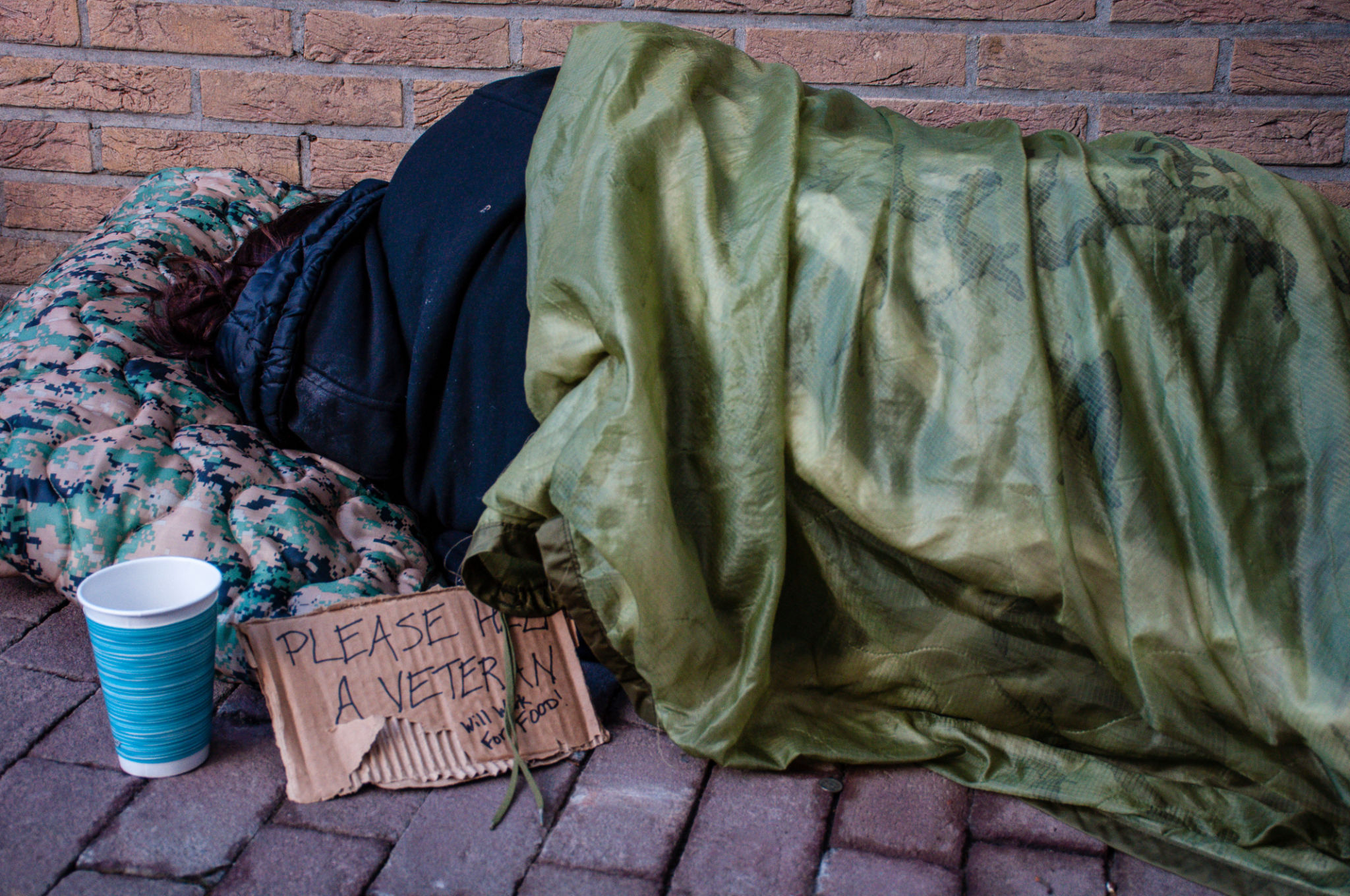Breaking Myths About Veteran Homelessness and Housing Solutions
Understanding the Reality of Veteran Homelessness
When we think about veterans, we often envision them as strong and resilient individuals who have served their country with honor. However, the reality for many veterans is far from this idealized image. Veteran homelessness is a significant issue that affects thousands of former service members in the United States. It's crucial to understand the myths surrounding veteran homelessness to address and provide effective solutions.

Myth: All Homeless Veterans Are Older
One common misconception is that homeless veterans are predominantly older individuals who served in conflicts such as Vietnam. While it's true that many older veterans struggle with homelessness, a growing number of younger veterans from recent conflicts in Iraq and Afghanistan also face this challenge. These younger veterans often encounter unique hurdles, such as difficulties transitioning to civilian life and dealing with PTSD, which contribute to their risk of homelessness.
Myth: Veteran Homelessness Is Declining Rapidly
While there have been efforts to reduce veteran homelessness, it's important not to overestimate the progress made. Government initiatives and non-profit organizations have made strides, but the problem persists. Economic factors, mental health issues, and a lack of affordable housing continue to drive many veterans onto the streets. It's essential to maintain focus on sustainable solutions rather than assuming the issue is nearing resolution.

Addressing the Myths with Real Solutions
Tackling veteran homelessness requires a comprehensive approach that addresses both immediate needs and long-term stability. Here are some effective solutions that can help break the cycle of homelessness among veterans:
- Affordable Housing Initiatives: Increasing access to affordable housing is critical. Programs that offer subsidized housing or rental assistance can provide veterans with the stability they need to rebuild their lives.
- Mental Health Support: Many veterans face mental health challenges, including PTSD and depression. Providing accessible mental health services can help them cope with these issues and prevent homelessness.
- Job Training and Employment Opportunities: Empowering veterans with job skills and connecting them with employment opportunities can significantly reduce their risk of homelessness.
The Role of Community Support
Communities play a vital role in supporting veterans. Local organizations, volunteers, and advocacy groups can collaborate to provide resources and services tailored to the unique needs of veterans. Community initiatives can include mentorship programs, donation drives for essential items, and awareness campaigns to highlight the challenges faced by homeless veterans.

The Importance of Policy and Advocacy
Government policies are crucial in addressing veteran homelessness. Advocating for increased funding for veteran programs, better access to healthcare, and more robust employment initiatives can create a more supportive environment for veterans. Policymakers must prioritize these areas to ensure that no veteran is left behind.
By breaking down myths and implementing comprehensive solutions, we can make significant strides in reducing veteran homelessness. It requires a collective effort from individuals, communities, organizations, and governments to ensure that those who have served our country receive the support and dignity they deserve.
